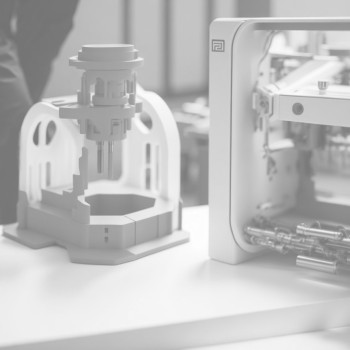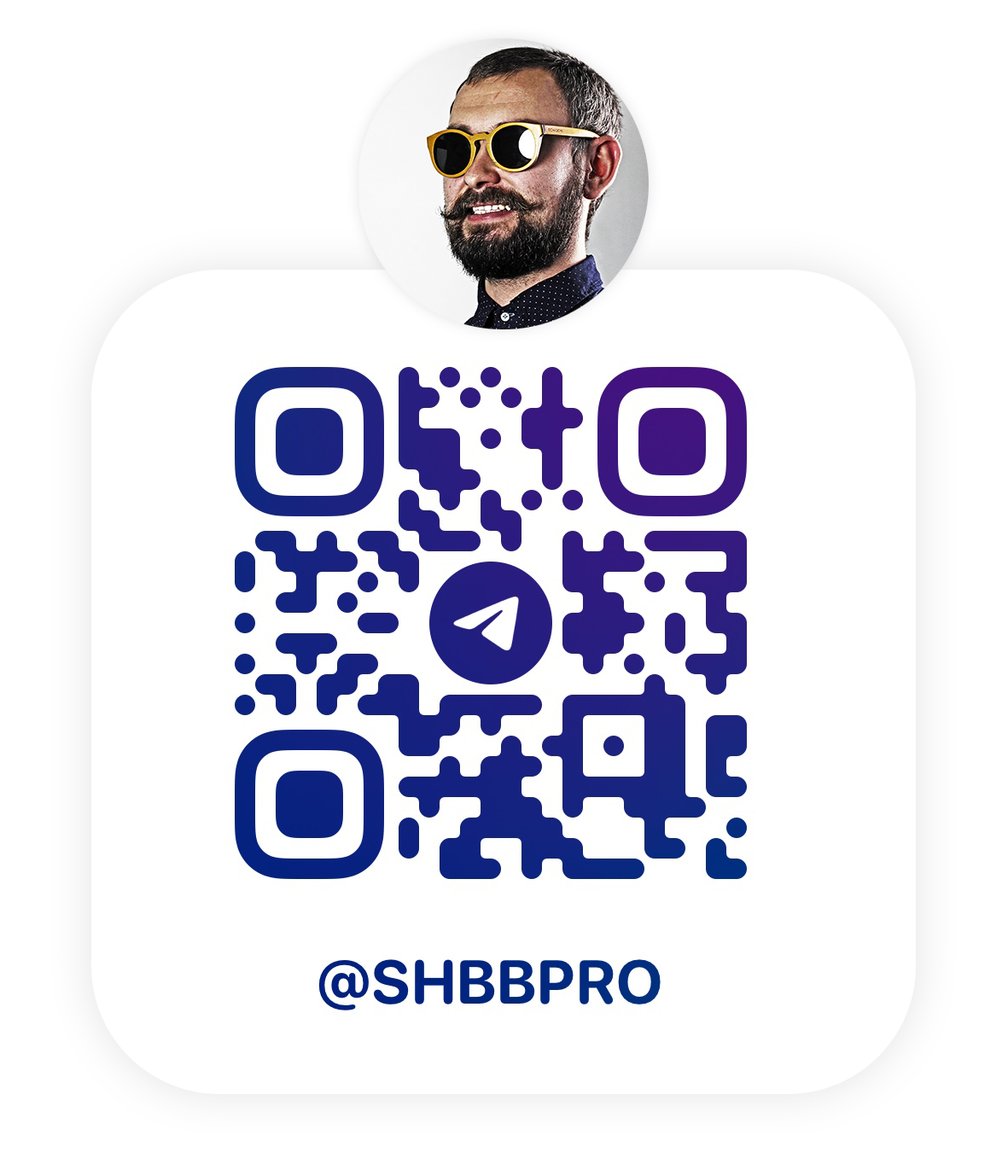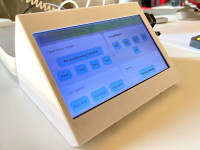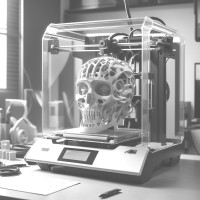Why Your Manufacturing Company Can Benefit from FDM 3D Printing Services
In today's rapidly evolving world, manufacturing companies are constantly seeking innovative solutions to improve their processes and stay ahead of the competition. One such technology that has revolutionized the manufacturing industry is FDM 3D printing. Fused Deposition Modeling (FDM) 3D printing offers a wide range of advantages that can greatly benefit your company's production needs.
Small-Scale Production and Prototyping
FDM 3D printing is an ideal solution for small-scale production and prototyping. It allows you to quickly and cost-effectively produce functional prototypes and test them before committing to large-scale production. This enables you to validate your designs, identify any flaws or necessary modifications, and make informed decisions about the manufacturing process.
Furthermore, FDM 3D printing enables on-demand manufacturing, allowing you to produce parts as needed, reducing inventory costs and storage space requirements. This flexibility in production can significantly enhance your company's efficiency and responsiveness to market demands.
Customized Parts and Enclosures
FDM 3D printing provides the ability to create highly customized parts and enclosures tailored to your specific requirements. Whether you need complex geometries, intricate details, or unique designs, FDM 3D printing can deliver precise and accurate results. It eliminates the limitations of traditional manufacturing methods and empowers you to bring your ideas to life with ease.
Moreover, FDM 3D printing allows for the use of various materials, each with its own advantages and characteristics. Some of the commonly used materials in FDM 3D printing include:
- PLA (Polylactic Acid): a biodegradable material known for its high strength and excellent printability. It is widely used for prototyping and functional parts.
- ABS (Acrylonitrile Butadiene Styrene): a durable and impact-resistant material, ideal for creating functional parts and enclosures.
- PETG (Polyethylene Terephthalate Glycol): a strong and transparent material suitable for printing clear parts and enclosures.
- TPU (Thermoplastic Polyurethane): a flexible and resilient material resistant to external factors, perfect for printing elastic parts and prototypes.
- PA (Polyamide): a material with excellent mechanical properties, chemical resistance, and heat resistance, used for creating high-strength parts.
- PC (Polycarbonate): a strong and transparent material suitable for creating clear and robust parts.
These are just a few examples of the materials used in FDM 3D printing. The choice of material depends on your company's specific needs and the requirements of the final product.
If your manufacturing company is looking for FDM 3D printing services, I provide professional 3D printing services in Italy, specifically in Abruzzo, near the cities of Pescara, Chieti, Teramo, and L'Aquila. I am ready to assist you in creating prototypes, functional parts, and custom enclosures for your products. Harness the power of 3D printing and take your business to the next level!
may interesting
Revolutionizing Air Conditioner Control: A Hardware and Software Complex for Remote Management
Introduction:In the quest for comfort and convenience, the development of a hardware and software co..
3D Printing FDM in the Abruzzo Region: Calculating the Cost of Your Project
If you're looking for high-quality 3D printing services in the Abruzzo region, you've come to the ri..



